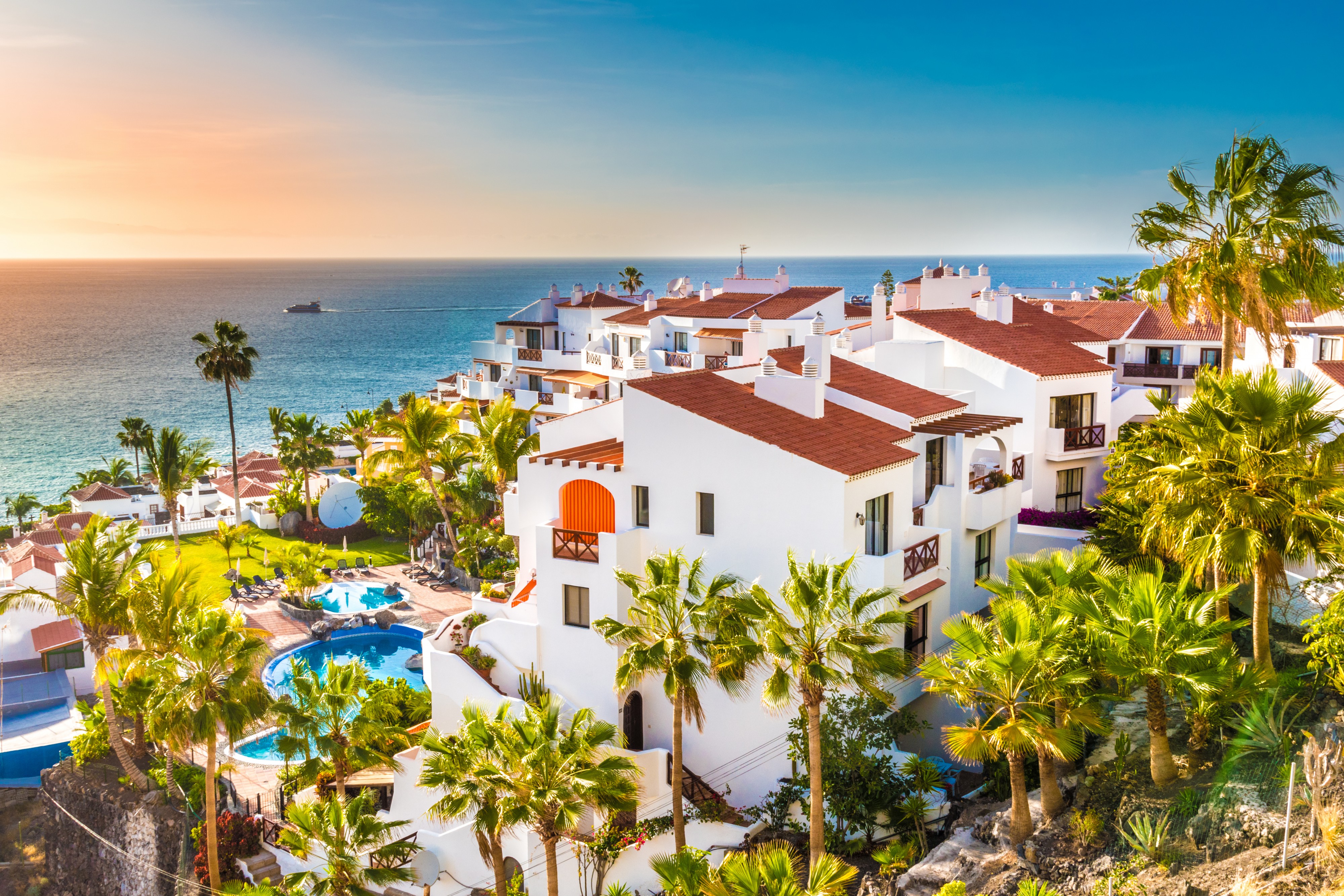Harnessing Change: Decarbonizing Our World by 2050
In 2019 it was stated, “It is now becoming crystal clear that getting the world to essentially decarbonise by 2050 as required by the Paris Climate Agreement will need the re-wiring of our economies and wholesale changes around what we consume, how we consume it, what we grow, what we manufacture, how we build and how we travel.”
5 years on, my personal experience is that very little appears to have changed in most people’s attitudes and lifestyles. So, Climate Crisis either a giant conspiracy theory so that some can make more money out of needless change, or we’ve decided, “What the hell, we can live with whatever comes”. But can our children, grandchildren and so on? Theirs is going to be a very different world.
Just looking at the Costas
- Sea level rise – All those houses less than a metre above the current sea level, will be under water. And that spreads up rivers, with river water, when it’s there at all, backing up and flooding over low lying banks.
- Weather – The prediction is for more extremes.
- Drought will be the big thing, being much more frequent than before and spreading further North. The added pressure will leach sea water into the aquifers so the water from the wells near the sea will be unusable for irrigation or as drinking water. Yes, that can be countered by desalination plants, but these use large amounts of electricity and what’s to happen with all the concentrated brine and pollution they take out?
- Storms – More violent and more often. Again, the beach frontages are going to be beaten and much of the sand beached will be permanently under water or washed away leaving pebbles or blown inland destroying the greenery and access to housing nearby.
- Sun – Stronger UV leading to more skin cancer and other changes for animals and plants.
- Sea Temperature – The sea will be warmer, with its expansion as part of the cause of it’s rise, changing the fish and plants with more unwelcome invasive species.
- Air Temperature – will be more pleasant in winter, but unbearable in summer, again affecting plants and agriculture. Air conditioning will help, but internal cool is external heat and it uses a large amount of energy.
- Energy – Where’s the electricity to come from? Nuclear is supposedly ‘clean’, but what happens to all the waste. Eventually it will be stored deep underground, assuming we’re not all wiped out by the inevitable accidents that will happen with many more nuclear plants around.
Solar and wind energy will need to be ramped up and fortunately there will be more sun and more wind. But few want windmills and solar farms as neighbours; however, the beauty of the Andalucian countryside will necessarily be affected by these and the pylons and wires taking the electricity to where it’s needed.
- Travel – Flights will become more expensive and be regulated to be fewer, with short-haul disappearing as electric trains and more environmentally acceptable surface travel take over.
- Electric cars can only be a temporary phase before more environmentally acceptable fuels such as hydrogen reduce them to be shown as too wasteful of the earth’s resources.
- Economy – The season will lengthen as the weather in the Spring and Autumn becomes more attractive, but the increased heat in the summers will see more preference for more northerly holidays
- The golf courses will struggle, with restrictions on water use. At present, they should be using only recycled water for irrigation, but there will be stronger needs from the agriculture sector. And anyway, with restrictions on personal use, there will be less recycled water available.
- Projections of the digital nomads and expansion of worldwide relocations, will at last see the economy not so dependent upon tourism and become more of a Ciudad del Sol.
- More housing will be needed for these workers so more will be created. However, there must be a radical change to rentals to enable the essential lower paid workers to have a home close to their work. Fewer high value properties and more cheaper apartments, which need to balance between economies in costs of provision without reducing habitable standards.
- Immigration – Europe’s aging population will need to look outside it’s borders for physically able assistance to keep it’s services and economies working.
- Whilst illegal immigration will always be resisted; young, capable, legal immigrants must be encouraged to come, with accommodation for them adding to the pressures for low-cost housing.
- At all times we must remember that it’s not Nature that has a problem with the Climate changes, it’s Mankind. So Mankind must find the answers and adapt, and the sooner it does the easier it will be.





